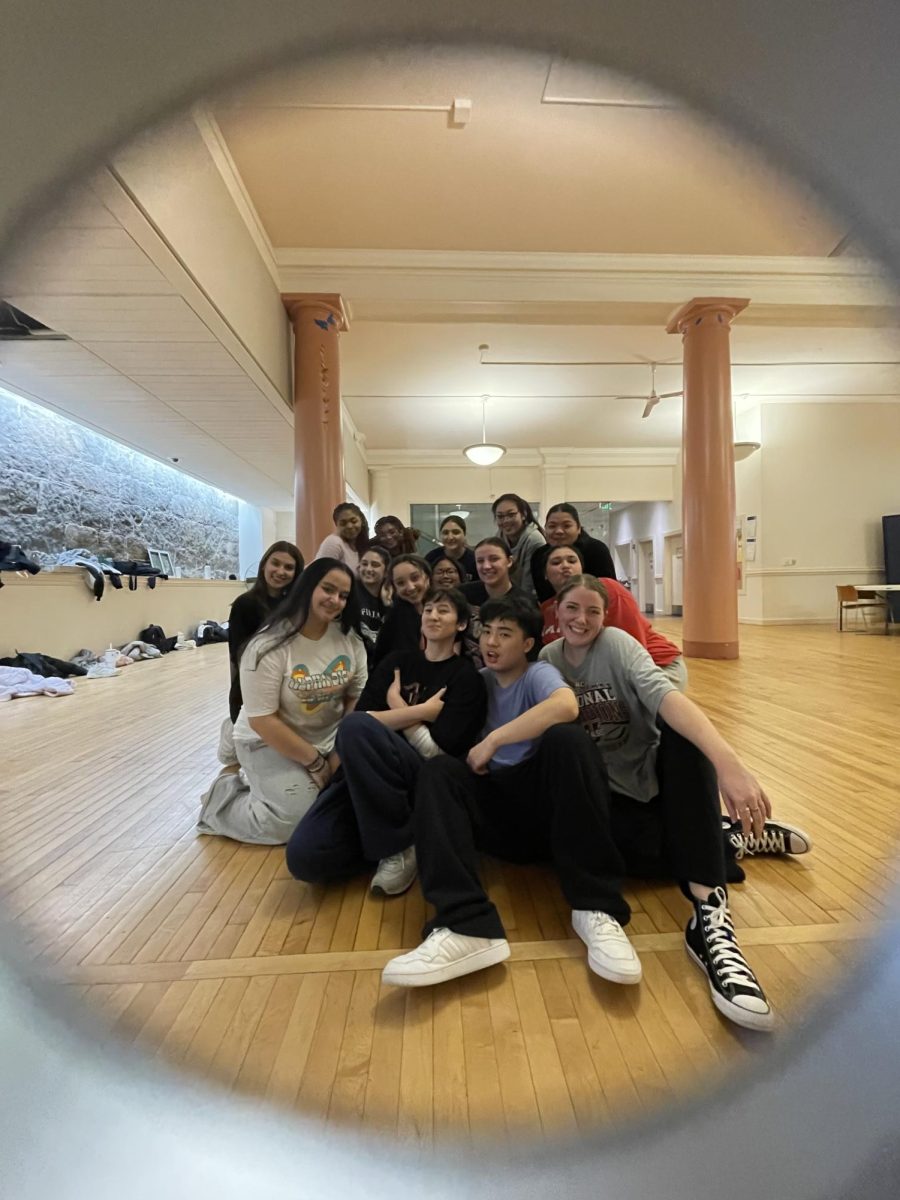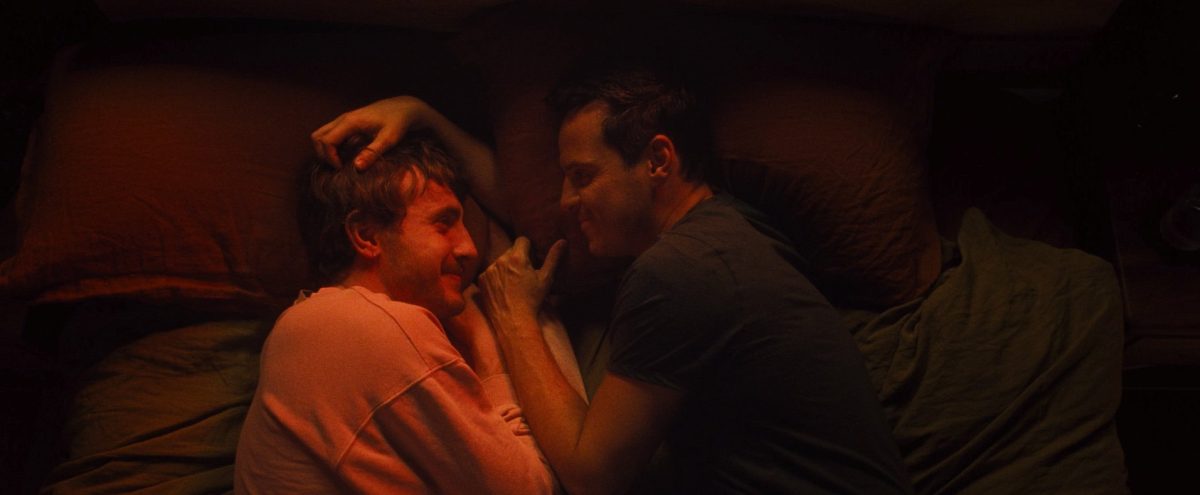Article By: Shoshana Akins
The Communication and Journalism Department’s Suffolk Cinema Series and the Rosenberg Institute for East Asian Studies teamed up last Thursday to show Demolition: The World of Construction Gangs in China, a documentary by a Harvard graduate student on the constantly evolving face of China.
J.P. Sniadecki, the director, was inspired to make the documentary while wandering the streets of Chengdu, dejected after a failed attempt at filming a religious orphanage in China. While on his solemn march back to his hotel, he stumbled on a construction site and was instantly mesmerized by the images the and environment it created.
“The visual impressions captivated me, the oral atmosphere captivated me,” described Sniadecki. “I came back everyday for three weeks and eventually had over 20 hours of film.”
With just his simple handheld camera and single lens, Sniadecki sought to capture the nature of the environment and the transient space of individuals inside of it rather than to send a political or social message about the dramatic changes in China. Though the workspace the documentary took place in was easily observed as dangerous, involving workers without hardhats, proper footwear, or even protective gloves, the film’s main focus was on the people and their connections inside of this space, not on the societal implications of the demolition.
“Documentaries are often too topic driven, like an essay,” said Sniadecki. “I was more interested in capturing patient images. I wanted the viewer to dig into the images themselves to find a meaning.”
This idea is immediately pushed on the audience in the first 15 minutes of the film, which are entirely without dialogue, music, or conversation. All that is heard is a cacophony of breaking pavement, scraping metal, and stale silence as workers mull around piling materials and breaking apart more. The aim of the film is unclear and the disheveled, gray setting puts the audience on edge, making them search for a meaning in every movement and sound. Just as Sniadecki wanted.
“Music can colonize motive,” said Sniadecki. “I didn’t want to add a soundtrack and assume emotions in the images that are already so pregnant with feelings.”
The documentary then follows the director’s own experience as the workers become more friendly with Sniadecki, showing more human emotion and life in this industrial world. The audience is immediately drawn to these interactions not only for their candid and pleasuring nature, but because it is a welcomed change to the harsh silence they had been experiencing.
From here, the images in Demolition continue to become even more staggering. Now that the audience has accepted the free nature of the film, they can appreciate the harsh beauty inside the construction site. Two resting bulldozers mirror two crouching workers as they eat their mid-day lunch, the boss lounging on a wicker chair in an empty yard, kids playing in the remnants of the destruction. All have a meaning to the audience now, each member interpreting the images in their own way.
Then, just as quick as this sense of scene arrives, it leaves. The connection between the audience and the images is immediately cut off as it becomes clear that the demolition is finished. All the workers leave, most of whom do not even say goodbye, and the site instantly hits reality.
Now that the purpose is lost, Sniadecki appears to be sad and lost in the film. In an attempt to catch one more glimpse of the fading beauty, he begins filming a shadow off to the side of the now entirely vacant site. As he is doing so, a group of teenagers he had met in the previous week bike up to him and ask him what he is doing. They then tell him to give them a call next time he is in town and take off into the night. This one passing moment of sincerity wraps up the documentary perfectly and gives the audience a mysterious sense of satisfaction and hope.
“I believe more in cinema as an experience than cinema as knowledge,” said Sniadecki. “All I wanted to do was make a pathway with film and my camera became the way I could approach this experience.”
Demolition has been included in many film festivals around the world and recently won the Joris Ivens Award at the Paris documentary film festival Cinéma du Réel.



















